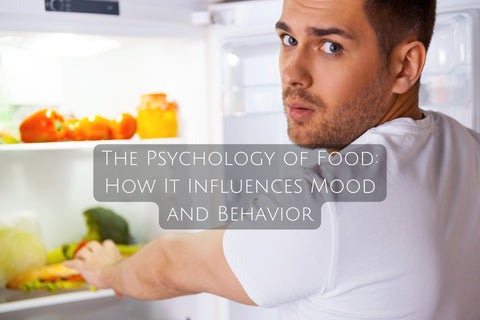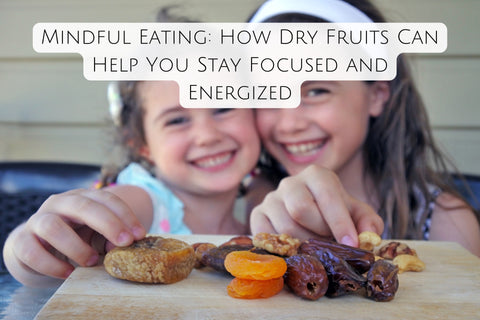Food is not merely a source of nutrition; it profoundly impacts our mood and behavior. Understanding the psychological relationship between food and our emotional state can help us make healthier choices and enhance our overall well-being. This blog explores the psychological aspects of food, how different foods affect our mood, and the role of cultural and personal factors in our eating habits.
The Connection Between Food and Mood

Neurotransmitters and Hormones
Food influences our mood through its effect on neurotransmitters and hormones. For instance, carbohydrates boost serotonin, a neurotransmitter associated with feelings of happiness. Foods rich in omega-3 fatty acids, such as fish and walnuts, can also enhance mood by promoting brain health and reducing inflammation.
Gut-Brain Axis
Recent research highlights the gut-brain connection, where the gut microbiome plays a crucial role in our mental health. A healthy gut can produce neurotransmitters and short-chain fatty acids that positively affect our mood. Diets rich in fiber, fermented foods, and probiotics support a healthy gut microbiome, which can help alleviate anxiety and depression.
Foods That Boost Mood

Complex Carbohydrates
Foods like whole grains, legumes, and vegetables help maintain stable blood sugar levels and increase serotonin production, leading to improved mood.
Lean Proteins
Lean meats, fish, eggs, and dairy products provide essential amino acids that are precursors to neurotransmitters, enhancing brain function and mood.
Fruits and Vegetables
Fruits and vegetables are rich in vitamins, minerals, and antioxidants, which help combat oxidative stress and inflammation, contributing to better mental health.
Dark Chocolate
Dark chocolate is known for its mood-enhancing properties due to its ability to increase serotonin and endorphin levels in the brain.
Healthy Fats
Incorporating healthy fats from sources like avocados, nuts, and olive oil can support brain health and reduce symptoms of depression and anxiety.
The Impact of Emotional Eating

Coping Mechanism
Coping mechanisms are strategies or behaviors that individuals use to manage stress, emotions, or difficult situations. When it comes to emotional eating, food often serves as a quick source of comfort, leading to a complex relationship between mood and eating habits.
Mindful Eating
Practicing mindful eating—paying attention to the sensory experience of eating—can help individuals recognize their hunger and fullness cues, reduce emotional eating, and enhance the overall enjoyment of food.
Cultural and Personal Influences on Eating Behavior

Cultural Significance
Cultural background significantly influences food choices, dietary habits, and the emotional significance of food. Traditions and rituals around food can create a sense of belonging and community, impacting overall mental health.
Personal Associations
Individual experiences and memories tied to specific foods can evoke strong emotions. For example, comfort foods often remind us of childhood or family gatherings, providing emotional comfort and nostalgia.
Practical Tips for a Healthier Relationship with Food

- Balance and Moderation: Aim for a balanced diet that includes a variety of foods, focusing on whole, unprocessed options.
- Listen to Your Body: Pay attention to hunger and fullness cues, and avoid eating out of boredom or stress.
- Practice Mindfulness: Engage in mindful eating practices to enhance your relationship with food and enjoy the eating experience.
- Explore New Foods: Experiment with different foods and cuisines to discover new tastes and flavors, making mealtimes more enjoyable.
Conclusion

The psychology of food is a complex interplay of biology, culture, and personal experience. By understanding how different foods affect our mood and behavior, we can make more informed dietary choices that promote emotional well-being. Embracing a balanced and mindful approach to eating can lead to a healthier relationship with food and improve our overall quality of life.



Comments (0)
There are no comments for this article. Be the first one to leave a message!